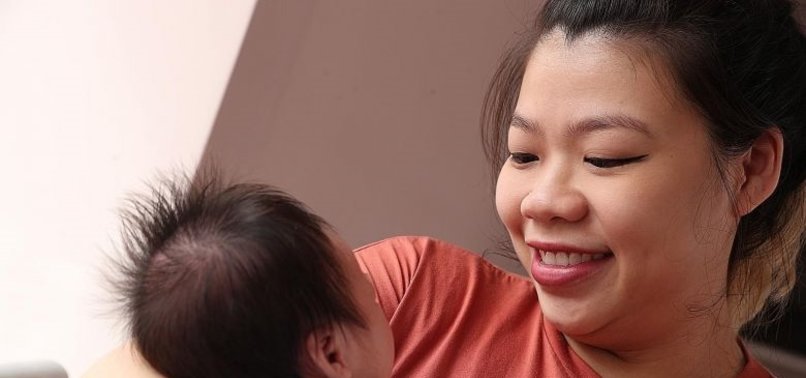A woman from Singapore, who was infected with COVID-19 during pregnancy, has given birth to a baby with antibodies against the virus. According
According to Straits Times, a Singaporean publication, the baby born earlier in November , offers a new clue as to whether the novel virus can be transferred from mother to child.
Celine Ng-Chan, the mother of the child, was quoted to have said her doctor suspected that she transferred the antibodies to her child during pregnancy.
“My doctor suspects I have transferred my COVID-19 antibodies to him during my pregnancy,” she reportedly said.
Ng-Chan is said to have been mildly ill from the virus and was discharged after two and a half weeks in the hospital.
According to studies from China, antibodies that protect against COVID-19 are present in newborns of mothers who have had the the virus and possess these antibodies.
In transmission of the virus from mother to fœtus, the World Health Organisation (WHO) says it is unknown if a pregnant woman infected with COVID-19 can pass the virus to her fœtus or baby during pregnancy or childbirth.
The active virus has not been found in samples of fluid around the baby in the womb or in breast milk till date.
While Singapore has recorded just slightly more than 58,000 COVID infections, there are over 62.2 million infections around the world today, with at least 1.45 million reported deaths, according to data collected by Johns Hopkins University in the United States.
Meanwhile, vaccines for the novel virus may be out this month as the results of the Covid-19 vaccine trials are starting to come in, and they’re looking good. Pfizer, Moderna, AstraZeneca and Johnson & Johnson are the most promising.
In the history of medicine, the quickest vaccine to have ever been developed took four years. This one came in eight months.
